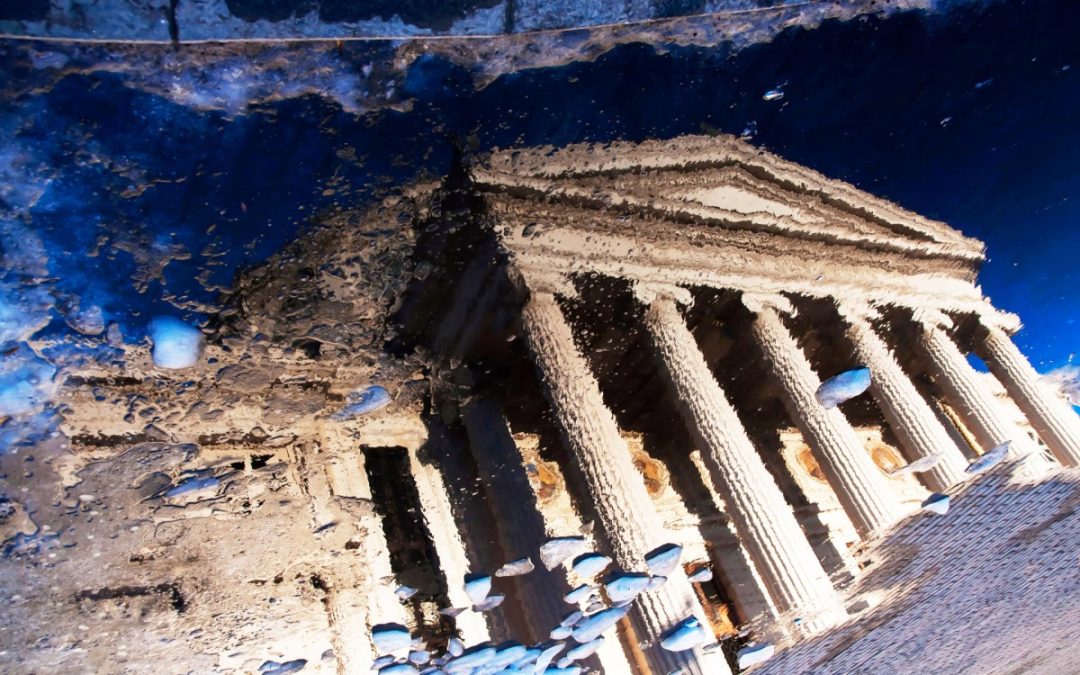Does history have “causes”…?
War and Peace, Second Epilogue
Leo Tolstoy
Translated by Louise and Aylmer Maude
Chicago: Encyclopaedia Britannica, Inc., 1988
Originally published in 1869
The Second Epilogue: Tolstoy’s reflections on history and its causes, and free will
Perhaps you know that Tolstoy appended two epilogues to War and Peace.
In the Second Epilogue, Tolstoy’s sometimes discursive style may impede the modern reader. It’s not boring, but it seems to be repetitious, and Tolstoy uses surprisingly mundane examples that may seem irrelevant to the modern reader.
It’s a Russian version of mid-19th century style. It seems to be relentlessly organized, using what Tolstoy presumably believed was an elaborate precision of language that tends to obscure and confuse his observations and conclusions.
I respect his ruminations about the nature and causes of history, the inevitability of historical events, and the possibly countervailing potency of human free will.
I confess that I am essentially unmoved by his conclusion that freedom of will and action is not a prime mover in human enterprise and human history.
I suspect that Tolstoy’s endorsement of “dependence on the external world, on time, and on cause,” and his acknowledgement of so-called “laws” that frame human history, is a manifestly inadequate description of the reality and the process of human history.
I suggest that Tolstoy went astray in his search for “cause” in human history.
Of course, there are forms and trends and ex post recognition of patterns in history. The longues durées exist, but they are only part of the story. There are recognizable, durable attributes of human nature. They are only part of the story.
Tolstoy almost forgets to mention the utterly contingent natures of historical reality, the historical process, human action, and the sequence of past events. One essential element of history is the continuous interaction of innumerable competing and complementary human behaviors and environmental circumstances.
History is the unpredictable single chain of events that actually happened, with many or most of their contingent antecedents forever unknown. There’s no way to write a neat and complete version of it.
* * * * * *
Book review. Copyright © Richard Carl Subber 2021 All rights reserved.
Book review: An Empire Divided
King George and his ministers
wanted the Caribbean sugar islands
more than they wanted the 13 colonies…
by Andrew Jackson O’Shaughnessy
click here
–
Writing Rainbows: Poems for Grown-Ups with 59 free verse and haiku poems,
and the rest of my poetry books are for sale on Amazon (paperback and Kindle)
and free in Kindle Unlimited, search Amazon for “Richard Carl Subber”
* * * * * *
© 2021 – 2024, Richard Subber. All rights reserved.

